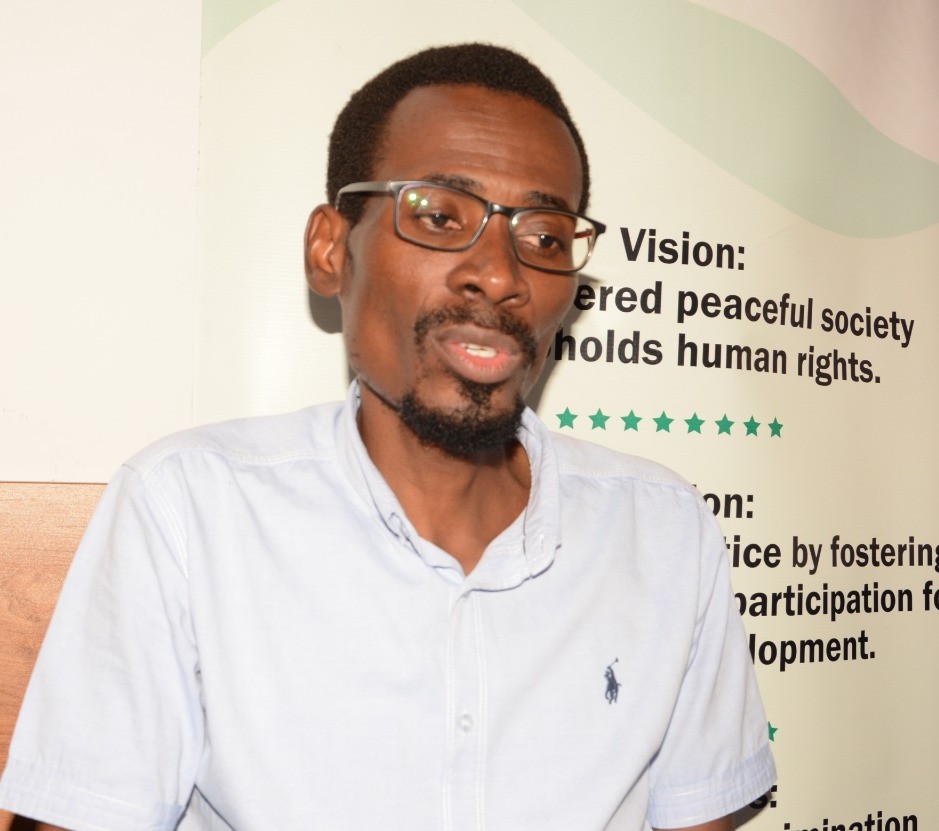By Faith Muteti
The national government has been urged to simplify the process of registering national ID cards and birth certificates in the country, in order to ensure that the essential services are easily accessible to all citizens.
The call was made during a two-day Coast Region journalists’ conference organized by Haki Center through NAMATI (Innovation in legal empowerment) and international organization held in Mombasa.
Haki center program coordinator Andrew Ochola said that the national government must thoroughly examine the obstacles hindering access to national ID cards and birth certificates.
He said that access to the important documents has become a nightmare to many Kenyans due to bureaucracy and uncalled for procedurals.
The Registration of Persons Act, Cap 107, laws of Kenya apply to all persons who are citizens of Kenya and who have attained the age of eighteen years or over or where no proof of age exists.
Despite the government’s previous move to eliminate the vetting process before official registration, he wondered why the problem is still the same facing innocent Kenyans.
“The registration process is still marred by numerous challenges, including limited resources and the fact that service centers are located far from citizens, especially those in remote rural areas,” he added.
During the conference issues of delay in getting IDs, discrimination of citizens of Somali origin, youth branded criminals in Diani denied IDs while elderly people’s effort to get IDs have proved futile.
Other categories that find it hard to get IDs in the Coastal region and other parts of the country include drug recovery addicts making it difficult for them to access health services through SHA.
Proposal to for the government to develop a digital system capable of storing important documents for parents and their children, which would help ease the entire process of registering for IDs and birth certificates was made.

“The system must serve all Kenyans equally, without discrimination based on region, ethnicity, or social background,” he said.
Kenyans of Somali origin and Pemba among others are among those complaining of discrimination with stringent vetting despite its lifting by president William Ruto’s executive order.
The conference brought together various stakeholders to discuss and find lasting solutions to the challenges currently affecting the registration process for national IDs and birth certificates across the country.
In Kwale, the issue of locals being asked to pay as much as 2000 to get identification cards in Diani, Youth denied IDS in LungaLunga and registration centers being very far from residents were raised.
Data from 2021 indicated that over 80% of the adult population had National IDs, suggesting more than 20 million Kenyans held an ID by then.

The percentage of adults without an ID had decreased from about 11.7% in 2019 to 7.4% in 2021, showing progress in ID access.
Breakdown of ID access:
ADDITIONAL INFORMATION BY ALLOYS MUSYOKA


